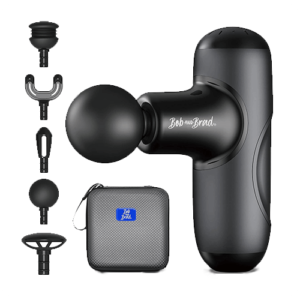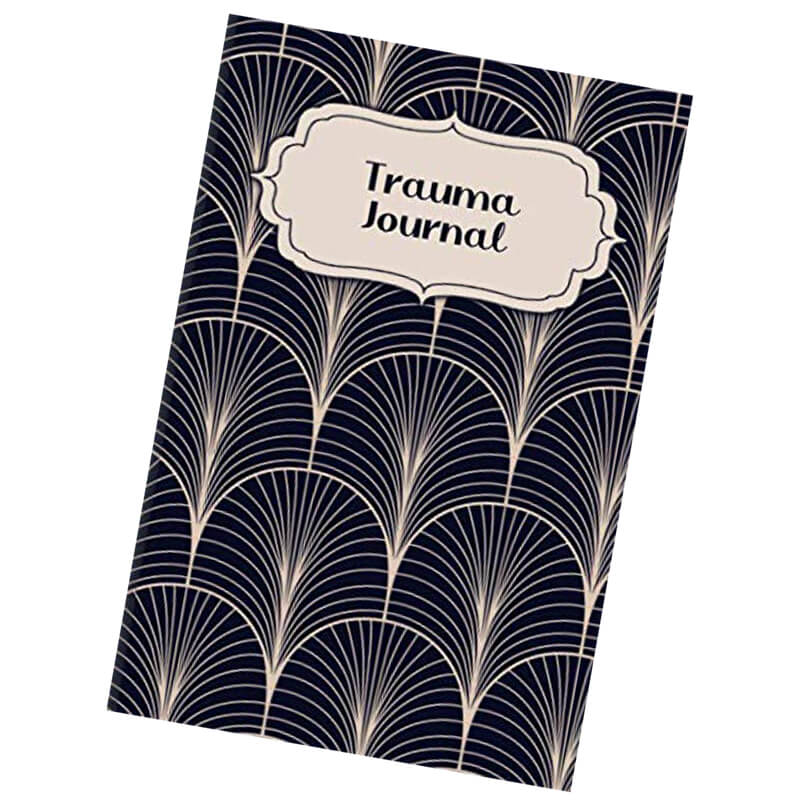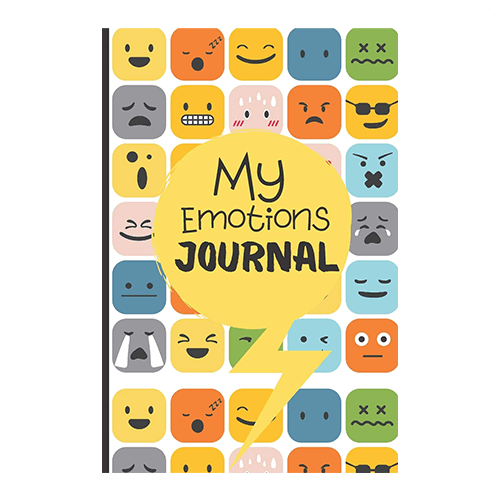The post Methods To Help Prevent and Recover from Compassion Fatigue first appeared on Spring Forward Family Centre.
]]>When a person is affected by vicarious trauma and experiences compassion fatigue, it limits how they can interact and engage with others. For example, a clinician’s interaction and engagement with their client will be impacted and therefore limit the effectiveness of their treatment. Because a person can disclose trauma at any time, awareness of the topic is important (particularly for those in the health and social work professions), so that they understand how to care for and engage in self-care for themselves.
What can we do to help ourselves stay mindful? We need to look after ourselves physically, psychologically, emotionally, socially and spiritually.
How you can engage in self-care – physically:
- Regular medical care
- Eat healthy
- Regular sleep
- Exercise
- Get a massage
- Physical intimacy e.g. hugs or holding hands
How you can engage in self-care – psychologically:
- Take time for self-reflection
- Getting help from therapy/counselling
- Meditation
- Keep a journal
- Be creative
- Join a support group
How you can engage in self-care – emotionally:
- Explore a hobby
- Cuddle with your pet
- Community engagement
- Practice self-love
- Cry
- Laugh
How you can engage in selfcare – socially/personally:
- Plan and set goals
- Spend time with family
- Learn a new skill
- Read a book
- Making time for friends
- Reflect on who you are and what makes you special
- Leave work at work
- Take mental health holidays
- Learn to say No
- Set boundaries
How you can engage in selfcare – spiritually:
- Practice forgiveness
- Spend time in nature
- Connect with a spiritual community
- Sing or dance
- Yoga
- Volunteer for a cause
For those who work in the fields of health and social work, caring for yourself allows you to better care for clients and their families. For families that are affected by trauma or those who have a person close to them that has experienced trauma, it’s important to know how to best support yourself so you don’t become traumatised as well.
MHNSF Pty Ltd T/A Spring Forward Family Centre is a participant in the Amazon Services LLC Associates Program, an affiliate advertising program designed to provide a means for sites to earn advertising fees by advertising and linking to Amazon.com.
The post Methods To Help Prevent and Recover from Compassion Fatigue first appeared on Spring Forward Family Centre.
]]>The post Compassion Fatigue – Do you have it? first appeared on Spring Forward Family Centre.
]]>What is compassion fatigue and why is it important to identify this in ourselves?
Compassion fatigue is a component of vicarious trauma, that being the indirect trauma that can occur when we are exposed to difficult or disturbing images and stories second-hand. Essentially it is when people who hear, work with or are exposed to another’s trauma, start to become traumatised themselves from these interactions.
The impacts of compassion fatigue:
Burn out and compassion fatigue are the 2 biggest components of a concept called vicarious trauma.
Burnout is a state of physical, mental and emotional exhaustion that is caused by too much stress. Compassion fatigue is similar, it being the exhaustion of your physical, mental and emotional wellbeing as a result of helping others through stress or trauma.
Those experiencing it have an all-encompassing feeling that affects their physical, emotional, social, psychological and spiritual health and wellbeing. Like burnout, it sneaks up unexpectedly and can hit out of nowhere, especially when unaware.
Vicarious trauma can have a huge impact on our lives. Signs and symptoms may present themselves as:
- Having difficult talking about their feelings
- Free floating anger and/or irritation
- Startle effect/ being jumpy
- Over-eating or under-eating
- Difficult falling asleep and/or staying asleep
- Losing sleep over clients
- Worried that they are not doing enough for their clients
- Diminished joy towards things they once enjoyed
- Feeling trapped by their work
- Diminished feelings of satisfaction and personal accomplishment
- Dealing with intrusive thoughts of clients with especially severe trauma histories
- Feelings of hopelessness associated with their work/clients
- Blaming others
- Dreaming about their clients/ their clients’ trauma experiences
For Methods to help prevent and recover from Compassion Fatigue, click here.
The aim of this blog is to inform others of Vicarious Trauma and its impact. If you have any concerns after reading this article, seek the advice of your healthcare professional.
Product Recommendations:
MHNSF Pty Ltd T/A Spring Forward Family Centre is a participant in the Amazon Services LLC Associates Program, an affiliate advertising program designed to provide a means for sites to earn advertising fees by advertising and linking to Amazon.com.
The post Compassion Fatigue – Do you have it? first appeared on Spring Forward Family Centre.
]]>






